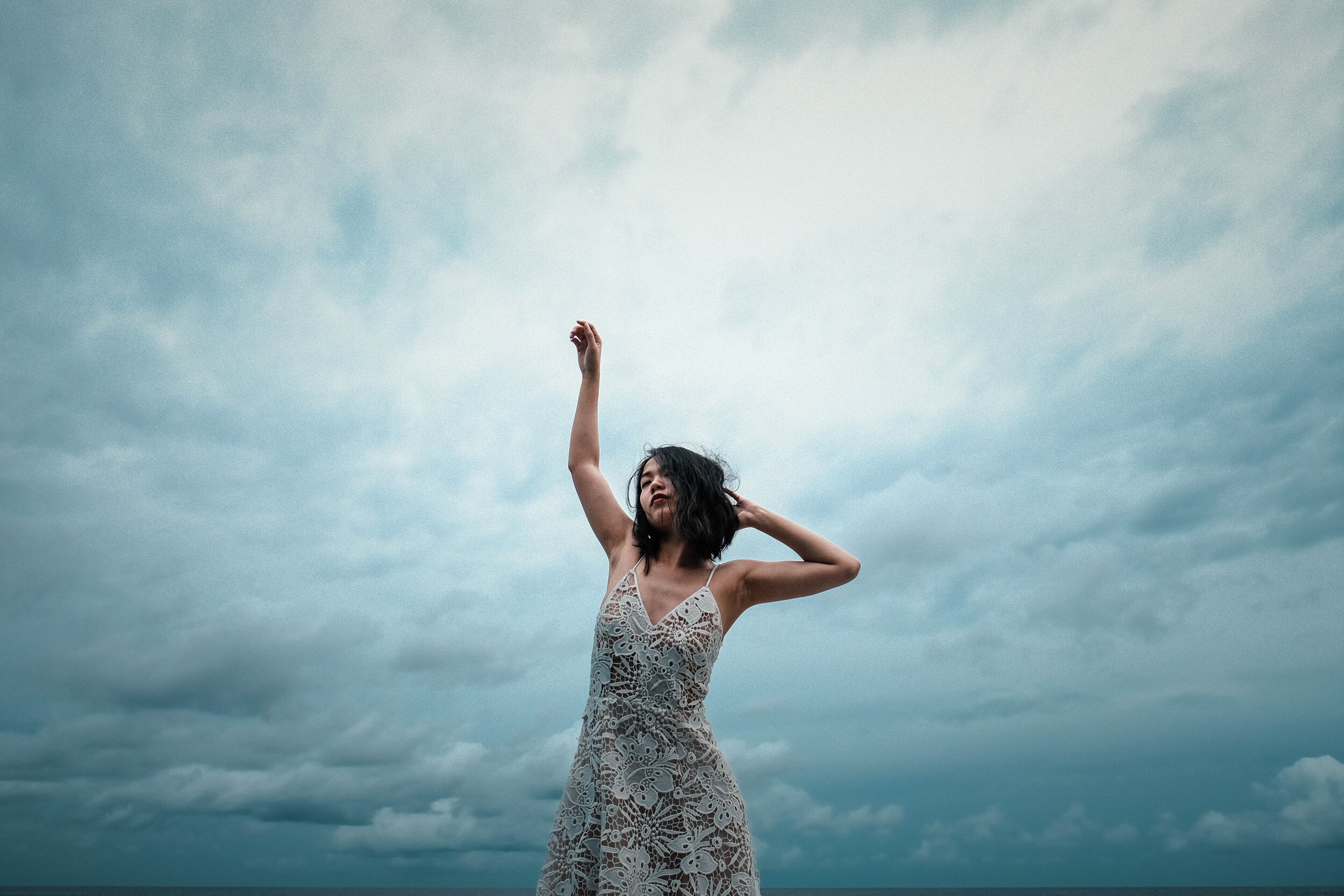It’s different to having a narcissistic boss, boyfriend or neighbour.
May 21 · 4 min read
There’s a lot of talk about trauma nowadays. But when it comes to narcissism and mothers, most people get it wrong. Yes, your adult relationships with narcissists will cause you pain. They might even cause psychological trauma. But realistically, they will not have the same impact as being raised by a narcissistic mother.
In Western societies, mothers are the primary caregivers. They give birth, breastfeed and usually take the lead role in looking after the baby. Of course, fathers are important too. But when it comes to narcissism, a mother’s impact on the development of her child is the lynchpin.
In infancy, our social and emotional worlds revolve around our attachment relationships. Those closest to us teach us about the world and ourselves through their responses and interactions. Our first relationships help kickstart our brain development and create the “working models” “presets” or “schemas” that underpin our emotional life as adults. The experiences we have during these early years will contribute to our identity and our emotional health.
As humans our brains are not fully developed at birth. We rely on our early experiences of attachment to “finish off” our brains. Although the brain remains plastic throughout life, the experiences we have as infants create connections and pathways that aren’t easily erased. They form the bedrock of our social and emotional lives and our relationship to ourselves.
If our parents respond sensitively, providing containment and attunement, we learn that the world is benign and that relationships can help us and give us what we need. A mother who is narcissistic normally won’t be available to soothe us or help us understand our emotions or learn to cope with them. We might be left stewing in our own helpless distress, creating huge problems for our ability to manage stress later on.
A narcissistic mother will have trouble attuning to her infant, because she herself has never experienced attunement. The unresolved trauma of her abusive childhood creates a block to the possibility of “falling into” or joining with her child’s emotional world. It’s just too painful.
Because of their severe emotional limitations, narcissistic mothers unconsciously erode the identity of the growing child. As she develops, the daughter of a narcissistic mother quickly learns that most of her natural responses, feelings and desires are unwelcome.
“Mothers who ignore or underparent their daughters do not provide guidance, emotional support or empathy. They consistently discount or deny your emotions.”
Karyl McBride
Narcissistic mothers work hard to control their children, because they see you as an extension of themselves. Points of difference between mother and child, including your natural attempts to separate and become your own person, cause anxiety for the narcissistic mother.
Any flaws, imperfections, mistakes or stumbles will be anathema to her. So she will hone in and divert your natural urges and interests, impinging on your identity and priming you for the creation of a false self. You learn that your authentic being is unwelcome, and so you lose contact with yourself, erasing awareness of the trauma that led to your inner emptiness.
Often daughters of narcissistic mothers will be unaware of the abuse they suffered, because they needed to bury the pain to survive. Many of my clients start therapy believing their childhood was great and that their mother loved them selflessly. But as we start to unpick the reality, the evidence for emotional abuse mounts. She was really busy, they say. Or she was distracted and stressed, she had a hard life and I was difficult. They have forgotten the pain and frustration they experienced as children. It can be a hard slog reaching into the trauma, but without awareness there can be no healing.
As adults, children raised by a narcissistic mother will be vulnerable to losing themselves in relationships. When their attachment system is activated they are thrown back into their abusive childhood and will often give up their own interests in order to have a relationship. They may get involved in abusive relationships, because that is what they are used to.
Sometimes, if the abuse in early childhood is severe enough, children of narcissistic mothers will never develop an authentic self. Their identity doesn’t coalesce and they don’t know who they are. They may rely on others to prop them up, or base their identity around a professional role. Although they might appear successful, these victims of narcissistic mothering will be “empty on the inside” ungrounded and at heart, unfulfilled.
“Each one of us is imbued with a deep yearning to live our own life…Yet the narcissistic mother puts pressure on the child to act and react to the world as she would. A child raised in this way makes decisions according to what she believes will win her mother’s love and approval. Accustomed to her mother thinking for her, the girl has difficulty later on creating an authentic healthy adult life for herself.”
Karyl McBride
Although the wounds are deep, they can be healed through therapy, reflection and self-compassion. The first step is acknowledgement and coming to terms with your mother’s limitations. The grief and pain of recognising your mother wound is the start of the journey to transformation and health.
Next Steps:
GET YOUR FREE EBOOKS HERE:
LEARN MORE:





















